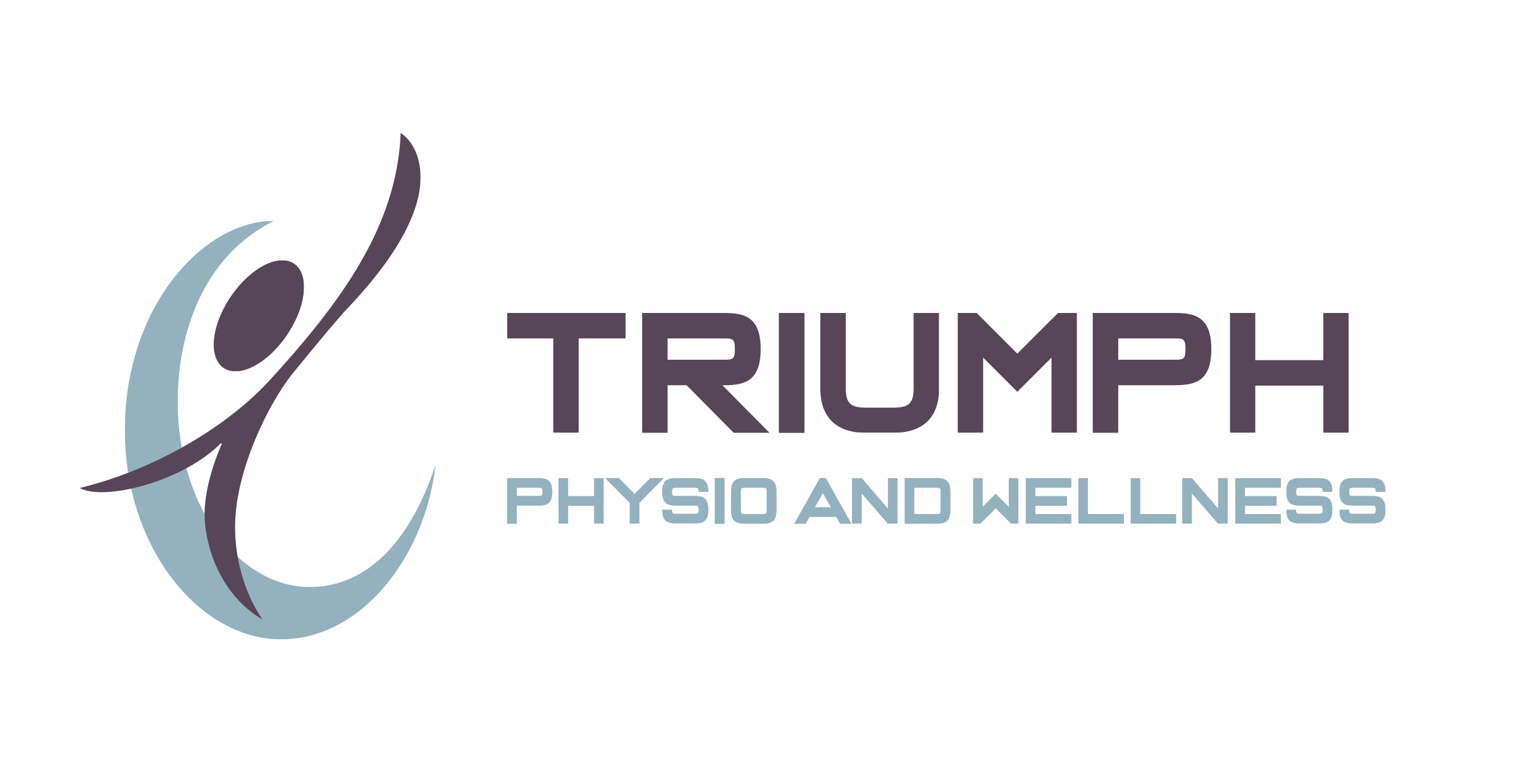Frequently Asked Questions About Acupuncture
In case you didn’t know, acupuncture is an ancient, holistic form of medicine, offering relief from many medical conditions. Its philosophy is rooted in the Daoist tradition from more than 8,000 years ago. It is also one of our primary services of care for clients who need to heal their bodies and are open to alternative means.
The phrase “don’t knock it till you’ve tried it” applies to acupuncture as well as physiotherapy. If you’re still curious about this service, here are our answers to some of the most frequently asked questions about acupuncture.
What is acupuncture?
Acupuncture is an eastern form of medicine using many needles. The insertion of them produces endorphins (natural chemicals in the brain) that help decrease your perception of pain. Acupuncture is used to help reduce pain while increasing the blood flow and stimulate the muscles and nerves throughout the body.
What is acupuncture’s purpose?
Acupuncture is all about achieving balance throughout the body. Practitioners believe if you are in pain, your body is out of balance. By treating the specific acupuncture point that addresses the physical problem, this puts your body back into balance.
Does acupuncture hurt?
This is the most common concern when it comes to acupuncture, especially where there is more than one needle used in the practice. However, the needles used in this practice are very thin in comparison to those used for injections for medicine. There is a little pressure felt as it pierces the skin, but once it reaches the muscle, there is no pain.
If you are still hesitant about the idea of acupuncture, Mahi can introduce you to various other forms of treatment that don’t require needles, such as cupping therapy and Tui Nai.
What does acupuncture treat?
Acupuncture can treat a range of illnesses both acute and chronic. It can be applied to heal musculoskeletal problems (back pain, neck pain, arthritis, tendonitis, and others), digestive problems, migraine headaches, anxiety, depression, insomnia, allergies, asthma, and more. Because everyone responds differently, the number of treatment sessions will vary for everyone depending on their needs.
How many sessions are needed for acupuncture to be effective?
The longer the patient has the condition, the longer the course of treatment before they experience lasting or significant results. It can be done as often or as little as you like.
Is there anything I should do before or after an acupuncture treatment?
Having acupuncture on an empty stomach could make you feel lightheaded or fatigued afterward, so it is best to have something light to eat a few hours before your treatment. Eat something that’s not too filling but doesn’t leave you too hungry.
Plan your day so that you aren’t doing anything strenuous or stressful afterwards so your body can relax and heal. Also remember to drink plenty of water and eat a healthy, well balanced meal following treatment.
If you have any more questions feel free to ask our acupuncturist Mahi!
Creative Commons Attribution: Permission is granted to repost this article in its entirety with credit to Triumph Physio and Wellness and a clickable link back to this page.




